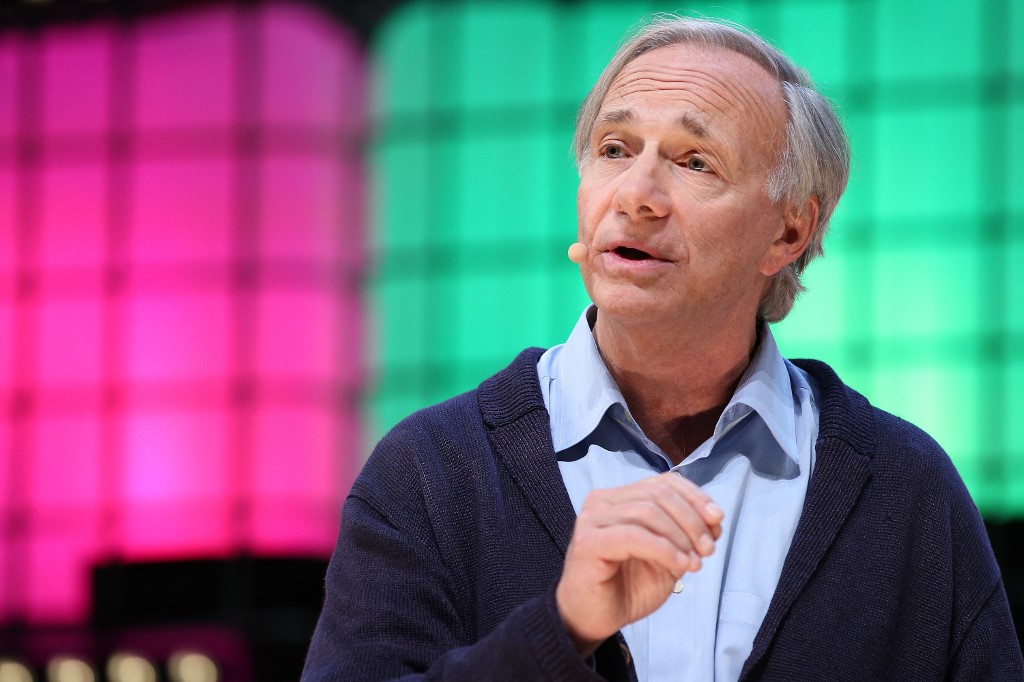(ATF) Ray Dalio, the founder of the world’s biggest hedge fund Bridgewater, has warned about the risk in holding US dollar denominated debt and highlighted the better relative value on offer from Chinese bonds, in a LinkedIn post.
Dalio, who is aiming to expand his assets under management in China, issued his warning as US Treasury yields stabilised ahead of the results of the Federal Reserve policy-making meeting that began on Tuesday March 16 and concludes with a statement on Wednesday. The 10-year US Treasury yield has settled at just over 1.60% after a sharp upward move from below 1% at the beginning of the year.
Dalio joined his fellow American billionaire Warren Buffett in warning that bonds “offer ridiculously low yields” but also highlighted the relative value – or lack of value – in different debt markets.
Dalio, whose Bridgewater Associates group of funds manage around $148 billion, returned to a regular theme that US dollar debt is threatened by bigger geopolitical shifts than the current focus on the Fed’s attitude towards inflation.
“The cycle of becoming a reserve currency, over-borrowing, and being over-indebted threatening the reserve currency status is classic. As part of this cycle there is the emergence of the currency and capital markets of the rising and competing empire. Consistent with this classic cycle, there is now a shifting from US bonds to Chinese bonds going on,” Dalio said.
“Chinese bond holdings held by international investors are rising fast, though they are now only about 6% of allocations in global portfolios. This shift is going on because a) global investors are overweighted in US bonds and underweighted in Chinese bonds relative to sensible criteria of what weights should be based on sensible portfolio-weighting processes, such as the relative sizes of their economies, their relative shares of world trade, and the relative sizes of their capital markets; b) Chinese bond and other capital markets investments are growing fast and are increasingly open to foreign investment; c) Chinese bonds offer relatively attractive yields with relatively attractive currency returns because of China’s favourable balance of payments conditions; and d) China’s currency is increasingly being internationalised,” he explained.
Dalio acknowledged that a shift towards yield curve controls by central banks led by the Federal Reserve could serve to put a cap on bond yields.
“Such moves would signal the beginning of the very last and most disruptive stage of the long-term debt cycle. So, watch central bankers’ actions – ie, see if they increase their bond buying when interest rates are rising led by long-term interest rates and when the markets and economy are strong – because that action would signal that they are experiencing supply/demand problems,” he said.
Dalio concluded by recommending greater exposure to non-dollar assets.
“I believe a well-diversified portfolio of non-debt and non-dollar assets along with a short cash position is preferable to a traditional stock/bond mix that is heavily skewed to US dollars. I also believe that assets in the mature developed reserve currency countries will underperform the Asian (including Chinese) emerging countries’ markets. I also believe that one should be mindful of tax changes and the possibility of capital controls,” he said.
























